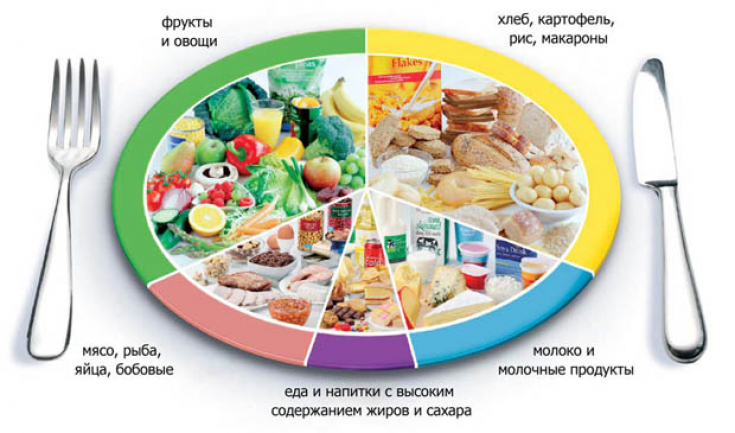Studying is a great source of energy for a child, which can be replenished with healthy sleep and a balanced diet that should also be tasty.
Sufficient amount of nutrients will not only make the child more alert and alert, but also protect against various diseases. And in the future, from overweight problems and peer ridicule.
The editors of estet-portal.com have compiled a list of those products that should be present in schoolchildren's diet and be of the greatest value for a growing organism.
Nutritions for children: how many nutrients do schoolchildren need
Local self-government bodies are faced with a difficult task – provide decent, healthy and proper nutrition for children in schools. Last year, the Ministry of Health updated the norms of physiological requirements for basic nutrients and energy. The recommendations and standards of the WHO and the European Food Safety Authority were taken into account in the preparation of the standards.
Follow us on Instagram
According to these standards, 1800 kcal per day is enough for first-graders for an active life, and 2100 for children 7-10 years old. From 11 years old, daily needs differ: boys and boys need a little more energy than girls and girls.
Read also: Child has poor appetite — cause for alarm or run to the doctor
Schoolchildren's daily diet: what foods should be required
Healthy and balanced nutrition for children – guarantee of a good future and success. In addition to the school, these rules must be followed in the family.

We publish a couple of tips that will help you make the right home menu:
• The basis of the diet should be legumes;
• The child should eat daily fruits, dairy and sour-milk products, nuts, whole grains – in small portions;
• Cook fish dishes two to three times a week. Meat is better to choose rabbit or poultry;
• It is necessary to monitor the dose of sugar and salt consumed by the child: children need 2-3 g per day, for adolescents less than 5 g per day, sugar: 25-50 g per day including fruit sugars;
• It is also necessary to control the water balance of the student. Your child should be drinking on a schedule and getting enough fluids per day.
Read also: Spoiled child: why he behaves this way and what to do
How to attract a child to a healthy diet: seven main rules
Talking about the fact that children flatly refuse to eat vegetables, some fruits – these are just excuses and unwillingness of the parents themselves to work hard. Every child can be taught to eat healthy food and enjoy it. It is enough to captivate him with this food from the beginning, you can even use tricky tricks, for example, come up with an exciting game in which the main "heroes" there will be exactly those foods that the child flatly refuses to eat. Below are seven tips on how to do this.

Rule number 1. Teach your kids about different tastes. Children sometimes need 7-12 times to try a new product to get used to it.
Children should not be forced to eat vegetables or fruits. Let them always be in sight, and the children see that you eat them yourself. No need to "mask" vegetables in dishes – let your child consciously want to eat them.
Rule number 2. Always eat together and forget about eating in front of the TV. As a rule, children who eat at the same table with the family eat healthy food. Eating in front of the TV leads to less healthy choices and focuses not on what we eat, but on what is happening on the screen.
Rule number 3. You need to establish a regular diet. This rule applies to breakfast, lunch and dinner.
Rule number 4. Stop using food as a reward or punishment. This is especially true for sweets.
Rule number 5. Make sure your child drinks enough water per day.
General recommendations for drinking regimen for children
Children aged 1-4 from 2-4 glasses;
children 4-8 years old: 5 glasses;
children 9-13 years old: 7-8 glasses;
14 or more 8 to 11 glasses.
6. Limit foods high in calories, fat, sugar and salt. Sweet alternatives include fresh and dry fruit, nut-based desserts, cheese, unsweetened yoghurts, compotes and stripes.
7. Be an example to your children
Parents are always an example to their children. Therefore, if you want your child to lead a healthy lifestyle, get a balanced diet, you must also eat right yourself.
Complete nutrition – one of the main conditions for the good health of a school-age child. But do not forget that along with a balanced diet, moderate exercise, proper rest and regular walks in the fresh air are also important.
5 exercises to help relieve stress in a child






Add a comment